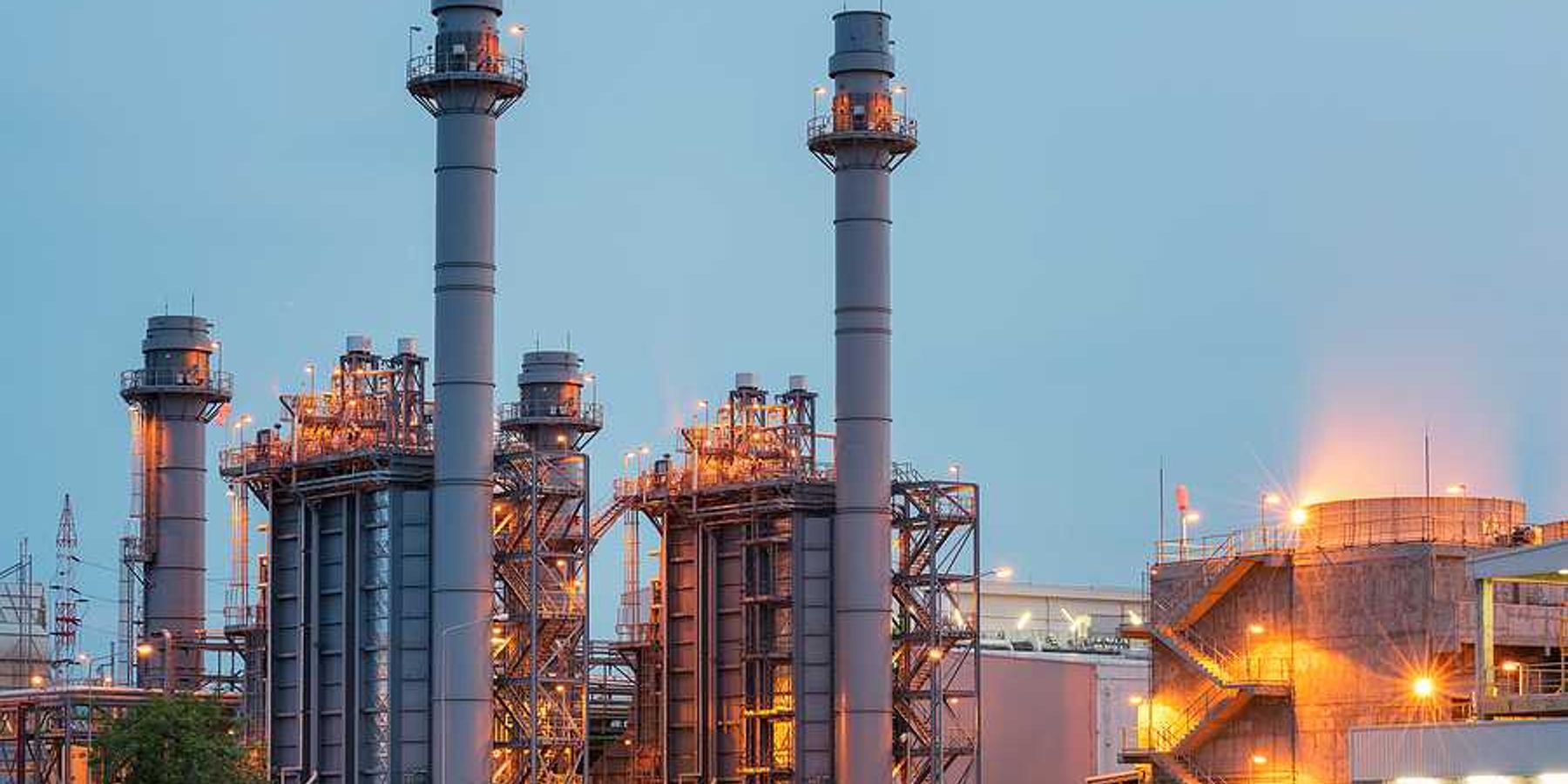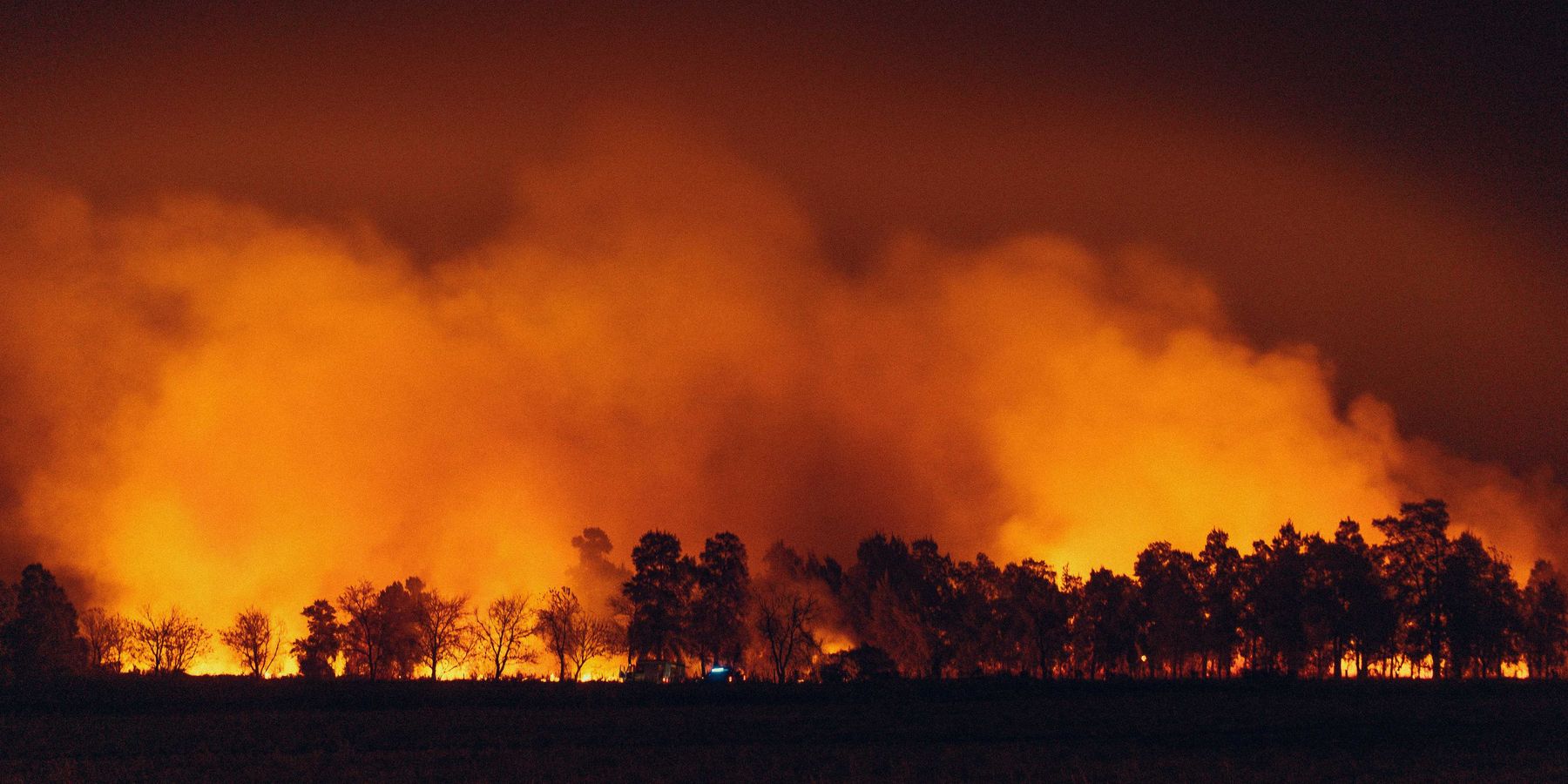crops
Virginia farmers struggle with heat and drought during tough growing season
A combination of extreme heat and prolonged drought devastated Virginia vegetable crops this summer, forcing farmers to adjust their methods in hopes of preserving their harvests.
In short:
- Virginia vegetable farmers faced one of the driest and hottest summers on record, severely impacting crops like tomatoes, peppers, and eggplants.
- Flash droughts, intensified by climate change, quickly developed and worsened, leaving plants without sufficient moisture during key growth periods.
- Some farmers experimented with no-till farming and irrigation but found these methods insufficient without more consistent rainfall.
Key quote:
“This growing season had a drought that was combined with an incredibly long hot spell, and that was the real problem.”
— Hana Newcomb, farmer at Potomac Vegetable Farms
Why this matters:
The increasing frequency of flash droughts threatens food security by destabilizing growing seasons. Climate change is making weather patterns more unpredictable, leaving farmers vulnerable to crop failures without long-term solutions.
Heavy rains threaten traditional Oneida corn harvest
Torrential spring rains devastated the Oneida Nation’s white corn crop in Wisconsin, posing challenges for Indigenous farmers as they face increasingly unpredictable weather linked to climate change.
In short:
- Unseasonable rains wiped out much of the white corn, a culturally significant crop, leaving little to harvest.
- The Oneida community is adapting by using sustainable farming techniques like cover crops to improve soil resilience.
- Despite their efforts, traditional methods struggle against the unpredictable climate, impacting both crops and cultural traditions.
Key quote:
“We’re really up against some pretty serious odds with climate change. There’s a lot at stake.”
— Lea Zeise, co-coordinator of Ohe·láku, a non-profit that works with the families planting crops
Why this matters:
The Oneida people rely on white corn not just for food, but for cultural and communal events. As climate change worsens, Indigenous farming practices, though rooted in sustainability, may not fully protect crops from extreme weather, threatening both food security and cultural preservation.
Related:
Unlocking soil's carbon storage potential through fungi
By delving into the world of underground fungi, farmers like Timothy Robb are revolutionizing soil health, leading to robust crops and enhanced carbon sequestration.
In short:
- Farmers are leveraging fungal networks to enrich soil, improve plant health, and store carbon, moving away from chemical-dependent practices.
- This approach is part of a broader shift towards regenerative agriculture, emphasizing the importance of microbial diversity and soil ecosystem balance.
- Innovative farming methods, including the use of compost tea and wood chip mulch, promote fungal growth and carbon capture in soil.
Key quote:
" ... it’s a methodology of introducing the microorganisms that are absent from the soil—the chain of organisms that release different minerals from rocks, clay, or silt particles in the soil.”
— Timothy Robb, co-owner of Compostella Farm
Why this matters:
Understanding and applying the symbiotic relationships between fungi and plants can drastically improve agricultural sustainability and combat climate change. This shift toward nurturing soil microbiomes not only enhances crop resilience but also plays a significant role in carbon sequestration, offering a hopeful avenue for mitigating global warming.
California's biofuel incentives face scrutiny amid environmental concerns
In a pivotal moment for California's climate policy, the state reevaluates its lucrative incentives for biofuels, sparking a debate on the future of renewable energy and its impact on local communities.
In short:
- California postpones a decision to extend financial rewards for oil and gas companies producing biofuels, amid growing opposition.
- Critics argue these incentives support fossil fuel industries and contribute to pollution in surrounding areas.
- The debate underscores a broader conflict over whether to fund fossil fuel companies in the fight against climate change.
Key quote:
"This is a litmus test."
— Sasan Saadat, policy researcher at Earthjustice.
Why this matters:
Biofuels have emerged as a key player in the renewable energy arena, offering a promising pathway toward reducing greenhouse gas emissions and combating climate change. The environmental benefits of biofuels depend heavily on various factors, including the feedstock used, land-use changes, and the energy consumed during production. In some cases, the production of biofuels can lead to deforestation and loss of biodiversity if not managed responsibly.
Hilary Beaumont asks: Will California’s new oil and gas laws protect people from toxic pollution?
Climate change is threatening these Californian fruits and nuts
California's specialty crops of almonds, peaches and walnuts are under particular threat as crop-destroying insect populations increase due to warmer temperatures.
As climate change threatens Africa’s food supply, farmers innovate
Scientists, government officials and farmers are reviving neglected crops and boosting agricultural productivity in a race to cushion Africa from growing food shortages exacerbated by climate change.
What crops will we be growing in the future, as climate change alters the landscape?
Gardeners could face big challenges with climate change in years to come, including temperature extremes, droughts and flooding. But what sustainable foods will we be growing?









